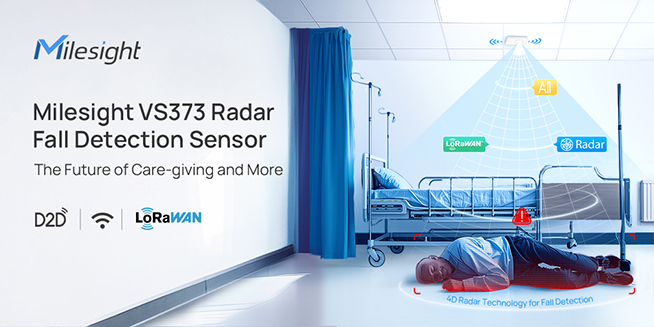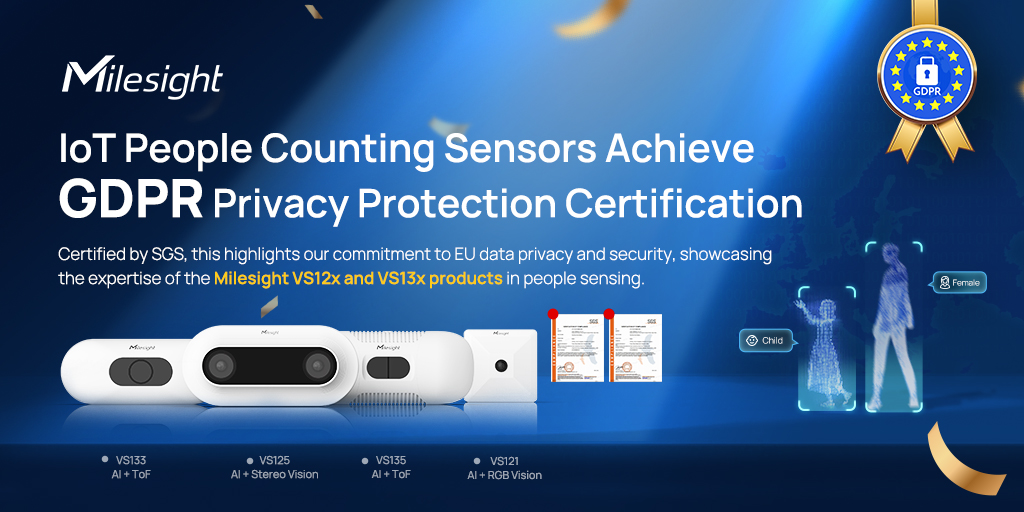
The Covid epidemic has caused a seismic shift in the paradigm of the typical workplace. As a result, remote work has emerged as a dominant trend. Currently, 12.7% of full-time employees work from home, illustrating the rapid normalization of remote work environments. Simultaneously, a significant 28.2% of employees have adapted to a hybrid work model. This model combines both home and in-office working, offering flexibility and maintaining a level of physical presence at the workplace according to Forbes Advisor.
The trend of working mode also changes office utilization greatly, and hot desking is increasingly popular with considerable economic benefits and sustainable development advantages. Employees no longer need a fixed desk or can move to a different one every day. The objectives are to create a more flexible and collaborative environment and to encourage more fluid communication. Also, hot desking seeks to optimize space and does so by sharing desks according to availability. Everything is two-sided, the flexibility and merits of hot desking can’t cover up its complexity to management and space utilization. Furthest, digitalizing occupancy status will address the problems.
Challenges to Bring Ideal Occupancy Sensors
- Cost Performance: An application usually requires a good deal of occupancy sensors to realize target covering. Therefore, the price can't be underestimated.
- Bulk Deployment: A good deal of sensors require easy and fast deployment for effective and smooth project landing.
- Wireless Deployment: Every single table will be equipped with a sensor. Wireless deployment will keep the office neat and avoid being perplexed by wiring.
- Stable Connection: Stable connection and signal transmission are invariably significant for smooth operation.
- Long Service Life: Avoid frequent maintenance to bring a great user experience.
- Accuracy: Taking cost performance into consideration, sufficient accuracy will take priority over absolute accuracy demands.
- Anonymity: The applications are most in the workplace or where privacy is greatly concerned.
How the Occupancy Sensor Empowers the Hybrid Work and Hot Desking
The working environment has undergone a profound transformation in recent years, and much of this change has been driven by digital advances and the use of information technology. The way we work on a day-to-day basis and how office space is organized continues to evolve into new dynamics that are unlikely to return to the way we knew them in the past.
The Milesight sensor works to lay a solid foundation. The Desk & Seat Occupancy Sensor VS340 and VS341 are designed to efficiently detect occupancy status which is supposed to be done by a person. For most applications, VS340 with highly sensitive PIR meets the requirements of occupancy status detection. While for some more specific applications which are demanding on accuracy and response speed, VS341 will be a preferable choice. By combining a highly sensitive PIR and thermopile, it inventively brings 98% ultra-high accuracy and quick response on detecting. The sensor can process rapidly to detect the status of occupied reaching 13s and not occupied reaching 60s, bringing near real-time performance. The detecting results as a sensing insight transform the complicated and unattainable information into accessible data and realize efficient hot desking and more applications.
Why the The Desk & Seat Occupancy Sensor VS340 and VS341
Bulk Deployment and Value-Added Performance
Desks and seats are seen everywhere the real estate. A workplace usually needs dozens of desk & seat occupancy sensors to fully cover the area and realize digitization. Therefore, simple and fast installation is significant to facilitate projects. Based on the LoRaWAN® protocol which is an LPWAN protocol that realizes wireless communication, Milesight Desk & Seats Occupancy Sensor VS340/VS341 with 3M tape easily implements peel-and-stick installation. Even if it requires a great amount devices, the deployment can be accomplished without difficulty. Meanwhile, Milesight offers two different versions to meet different needs. The cost-effective VS340 with the highly sensitive PIR sensor covers general requirements while the high-precision VS341 with dual technology of highly sensitive PIR and thermopile caters to more precise demands
The exclusive Milesight LoRa®-based protocol allows the sensor to easily communicate with other Milesight LoRaWAN® devices without a gateway within 1 second. It can also detect occupancy status to control the DS3604 E-link IoT Display, providing a convenient indication of workstation availability.

To avoid unnecessary detection and focus on the aim regions, the sensor is also equipped with 5 different PIR angle-adjusted covers, making it preferable for detecting different types of tables and desks with various ranges in different scenarios.

More Highlights
- LoRaWAN®Wireless Deployment
- Dual-Technologyof Highly Sensitive PIR and Thermopile
- Up to 98% Industrial-LeadingAccuracy
- 100% Anonymous Detection
- Ultra Low Latency Gains QuickOccupancy Response
- Adjustable PIR Angles for Flexible Performance
- Tiny and Non-Invasive Design
- Unique Milesight D2D Boost Communication
- Easy and Fast Installation
Technologies Changes Working Modes and More
In an office-first model, people are expected to be on the clock between a specific time every workday. In a hybrid work model, employees have more flexibility to get work done when, how, and where they’re most productive. This means flexible schedules and locations. Many companies have been forced to accelerate their transformation processes and adapt to the new times. And they use the technologies of occupancy detecting to realize hot desking, making the best profits under this circumstance.
- EncouragingCollaboration
The rotating nature helps to meet new people on a daily basis and to promote networking, as well as generating an atmosphere that strengthens teamwork.
- SavingCosts
By optimizing space through continuous occupancy detection and the hybrid work model, the resource can be allocated more reasonably. And even real estate can be downsized for some companies for better profits.
- Increasing Productivity
The possibility of choosing workplaces or desks allows employees to enjoy flexibility in different work environments, which is great for inspiring motivation and productivity.
- Improving Allocation
According to the accurate desks and seats occupancy and utilization, the real estate can be rearranged precisely including the layout and resources to meet the actual demands.
- Improving Management
It efficiently detects and manages the occupancy status to inform the users to realize smooth operations.
Since table and desk occupancy are required everywhere that has the facility. The Desk & Seat Occupancy Sensor can also be applied in food plazas, libraries, or traffic hubs to transform unreachable information into accessible data and realize smart management for the best economic effectiveness and management.










